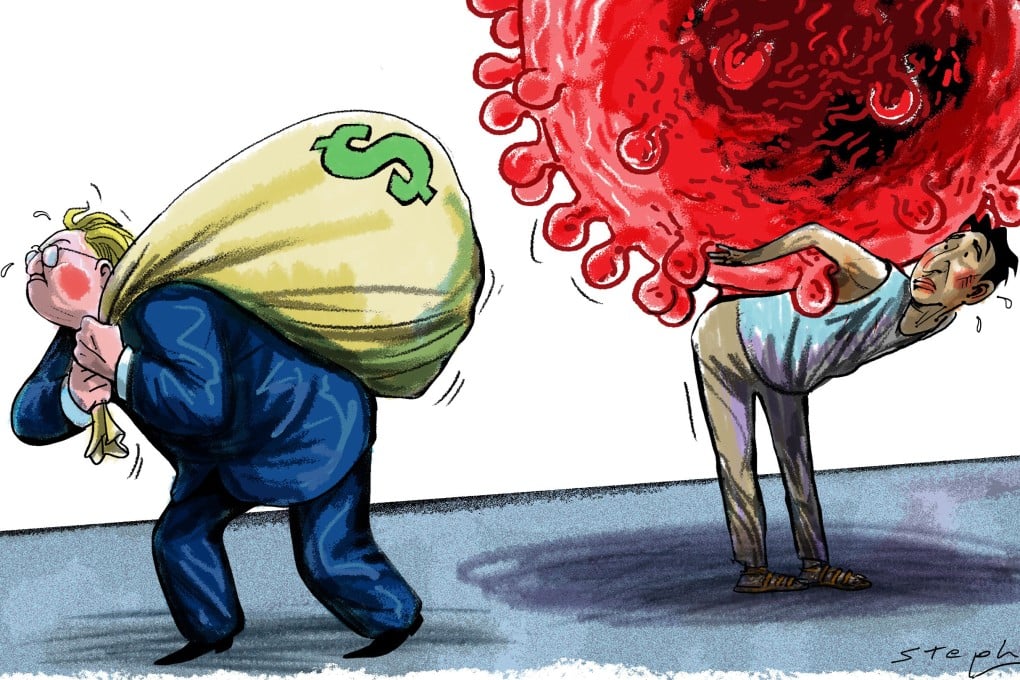Opinion | Is the pandemic ‘over’ in your country? In the rest of the world, it isn’t
- The early days of the pandemic were dominated by a chorus of ‘we are all in this together’, but that ended when successful vaccines were approved
- As uneven roll-outs continue, we now stand at an important crossroads. Do we continue to prioritise stock markets over food banks, and passports over humanity?

From the outset, it is important to distinguish the question of whether the virus has been brought under control from the question of whether we should be celebrating the end of the pandemic. The SARS-CoV-2 virus is a contagious, highly infectious agent responsible for case counts and death tolls. It is a medical and scientific issue.
The first question – whether the virus is being brought under control by the arrival of vaccines – depends entirely on where you are and who you are.
The pre-vaccine days of the pandemic were dominated by a global chorus of “we are all in this together”, a chant that quickly ended as soon as the first successful vaccines were approved and it was realised that decisions had to be made about who would be prioritised for first doses.
